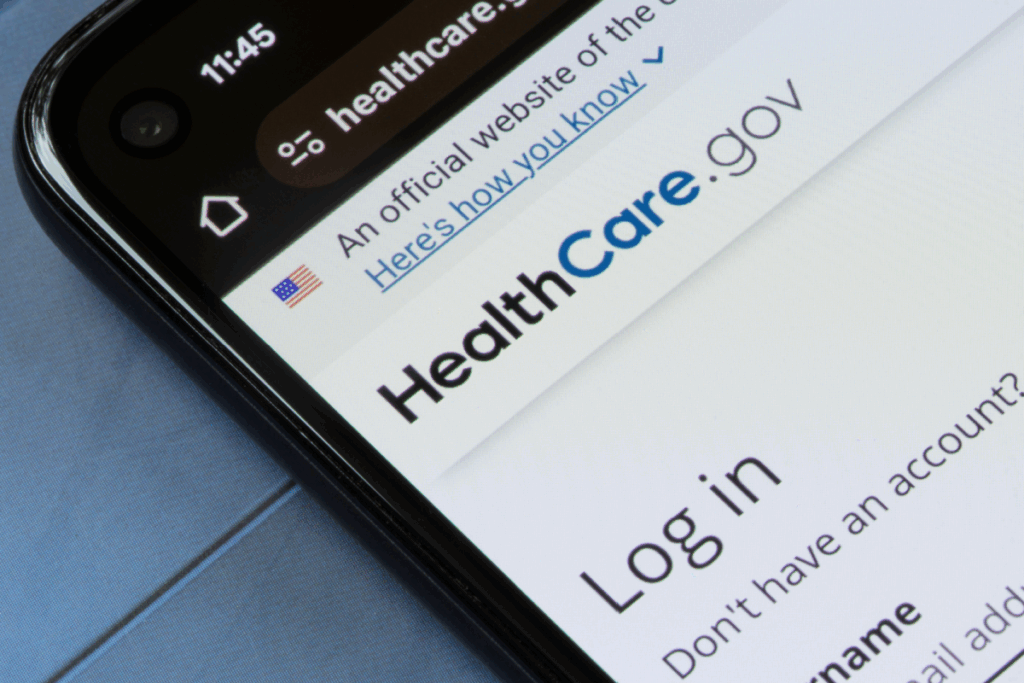Sharpest Increase in Over a Decade
Americans shopping for health insurance under the Affordable Care Act (ACA) will face a major financial shock in 2026. A new analysis from the Kaiser Family Foundation (KFF) shows that premiums for ACA marketplace plans are expected to rise by an average of 26% nationwide — one of the steepest increases since the program began in 2014.
Consumers using the federal healthcare.gov platform are projected to see even higher hikes, averaging 30%, while state-run marketplaces are expected to experience a smaller but still significant 17% jump. The new rates, unveiled just ahead of the November 1 enrollment period, mark the sharpest surge in ACA premiums in nearly a decade.
Subsidies Set to Expire Amid Political Deadlock
The biggest concern, however, is not just the base price hike but the pending expiration of enhanced federal subsidies that have kept coverage affordable for millions of Americans. These expanded tax credits, introduced under the Biden administration and extended once by Congress, are scheduled to lapse at the end of the year unless lawmakers act.
If Congress fails to renew the subsidies, monthly payments for subsidized enrollees could rise by an average of 114%, according to KFF. For some households, this could more than double their out-of-pocket costs, pushing coverage out of reach entirely. The healthcare.gov platform is already showing preview prices that reflect the loss of enhanced assistance.
The subsidies were first enacted in 2021 under the American Rescue Plan and later extended through 2025. They allowed roughly four out of five marketplace enrollees to access health plans for $10 a month or less. Without them, only 60% of consumers signing up for 2026 coverage will be able to find plans costing $50 or less — a sharp decline from 83% this year.
Political Standoff Deepens During Shutdown
The subsidy expiration has become a flashpoint in Washington’s ongoing budget crisis, which has now led to the second-longest government shutdown in U.S. history. Senate Democrats are demanding that any stopgap funding bill include an extension of the ACA subsidies, while former President Donald Trump and congressional Republicans insist that negotiations will resume only after the government reopens.
Senate Majority Leader Chuck Schumer warned that millions of families could face “panic over the weekend” as they see skyrocketing premiums. “This is an entirely avoidable crisis,” Schumer said Tuesday, accusing Republicans of stalling relief.
Senate Minority Leader John Thune countered that Democrats were using the issue for leverage, referencing the call from Everett Kelley of the American Federation of Government Employees to immediately end the shutdown and restore federal pay. “Democrats are holding the government hostage,” Thune said.
Economic and Social Consequences
According to the Congressional Budget Office (CBO), extending the enhanced tax credits would cost the federal government about $350 billion over the next decade. However, analysts argue that the expiration could have wider economic and social repercussions, potentially pushing 4 million Americans out of the insurance market by 2034.
The last comparable spike in ACA premiums occurred in 2018, when rates jumped 37% after the Trump administration halted separate subsidy payments to insurers. That move triggered temporary instability across the marketplaces and led to widespread coverage losses.
This time, experts warn the situation could be worse. With record enrollment of 24 million Americans currently covered under ACA plans, the potential rollback of subsidies risks reversing years of progress in expanding healthcare access.
KFF senior vice president Larry Levitt said the price surge represents “a real affordability crisis for the middle class,” emphasizing that many families will face impossible choices between keeping coverage or paying other essential bills.
Unless Congress reaches a deal soon, Americans could enter the 2026 enrollment season facing the sharpest healthcare cost shock since the ACA’s inception — a political and financial crisis with no easy fix in sight.


